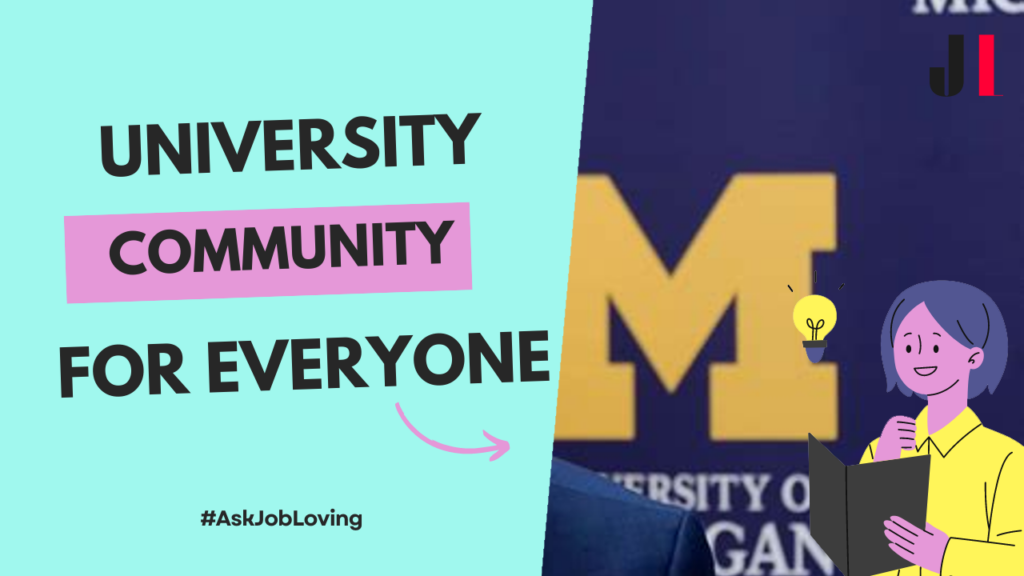Introduction
Finding employment after serving time can be a daunting task, especially when considering larger institutions like universities. One frequently asked question is: Does the University of Michigan hire felons? Understanding the hiring policies of such a prominent university can help many individuals reclaim their lives. In this article, we’ll break down the key elements of UM’s hiring policies regarding felons and provide some insights into the broader employment landscape for those with criminal records.
Does the University of Michigan Hire Felons?
The University of Michigan does not outrightly prohibit hiring individuals with felony convictions. However, the specifics can vary depending on the role and department. The university considers each candidate holistically rather than solely focusing on their criminal history. This means that applicants with a past felony may have the chance to prove their qualifications and capabilities.
Generally, positions that involve sensitive responsibilities—like those in finance or working with vulnerable populations—may require detailed background checks. That said, many roles at UM, especially those not involving direct impact on such groups, might still be open for applicants with a felony record. Thus, if you are keen on working at UM, it’s advisable to apply, attend interviews, and explain your circumstances candidly.
Moreover, it’s essential to be aware that Michigan as a state encourages rehabilitation and supports initiatives that help individuals reintegrate into society. Various resources exist to assist felons in finding employment opportunities. Community services such as Michigan Works and Michigan Rehabilitation Services can provide guidance and connect applicants with potential job openings, including those at the university.
A Broader Perspective on Employment for Felons
The job market for felons isn’t as bleak as it may seem! Many companies, ranging from construction firms to retail stores like Walmart and Menards, are increasingly willing to hire individuals with criminal backgrounds. These organizations recognize the value of providing second chances and focus on qualifications rather than past mistakes.
Additionally, states like Michigan have enacted laws that mitigate barriers for those seeking employment after imprisonment. This means employers need to explore candidates’ overall qualifications rather than immediately disqualifying them based on their criminal history alone.
Conclusion
In conclusion, while the University of Michigan maintains a cautious approach towards hiring individuals with felony convictions, it does not impose an outright ban on such candidates. Taking advantage of community services and exploring varied job opportunities can significantly increase the chances for felons looking to gain employment. Every journey towards redemption is unique, but support systems are available to help you along the way.
If you need further assistance, answers, or research resources about whether the University of Michigan hires felons, feel free to connect with us at the JobLoving community!

